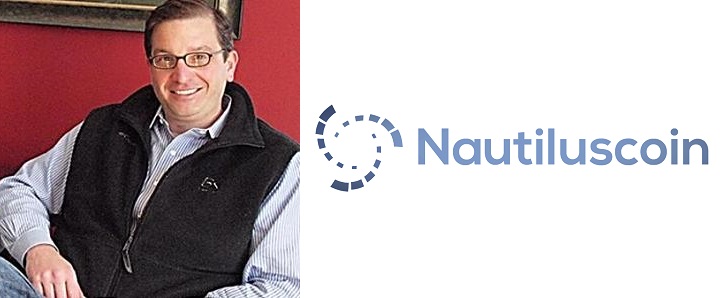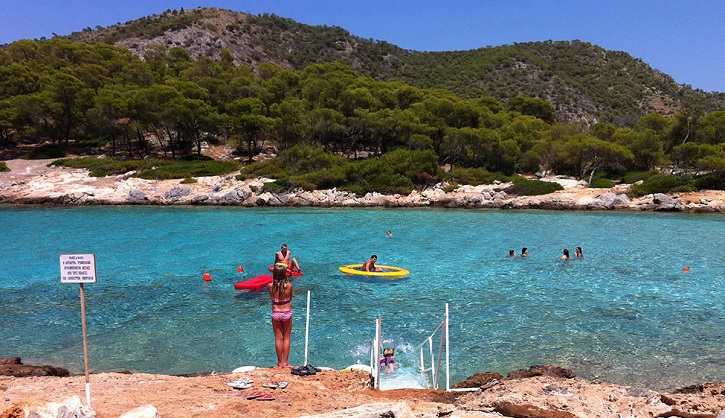The mayor of the Greek island of Angistri has agreed to a trial of the digital currency Nautiluscoin as a way to attract tourists.
Brian Kelly, the founder of Nautiluscoin, published an article on CNBC on July 8 announcing the news that mayor Ioannis Athanasiou had given his support to the plan.
Angistri is a 13.3 square kilometer island near the Greek port of Piraeus, and a population of 1,142 inhabitants.
To explain the difference between Nautiluscoin and other digital currencies such as Bitcoin, Kelly described how a central 'Nautiluscoin Stability Fund' plans to keep the majority of the coins itself, only selling them when demand has risen:
“[T]he Nautiluscoin Stability Fund will initially retain a majority ownership stake in Nautiluscoin. As the monetary ecosystem grows, these coins will be sold to meet demand. The goal of this program will be to provide a countercyclical monetary policy that will foster an environment that allows for steady growth in purchasing power.”

The cryptocurrency is attempting to tap into fears among tourists visiting Greece that the emptying of ATMs and suspension of most international banking services could leave them without spending cash during their holidays.
Bitcoin has been repeatedly discussed as a solution to this problem and also as a possible option for Greeks looking to for a store of value. Nautiluscoin, however, is hoping to one-up the popular digital currency with an additional promise that the decentralized coins will be backed by a centralized supply of gold.
“Using gold to back Nautiluscoin should give both tourists and merchants assurance that a digital currency is more than just lines of computer code, while utilizing the stability fund to create a countercyclical monetary policy will provide flexibility that gold lacks.”
Planning to work with UK based Coinstructors to carry out the anti-money laundering regulations compliance known as “Know Your Customer” (KYC) via a third service called Drachmae.Money, the Nautiluscoin project aims to make it easy for tourists to purchase the tokens.
Greek residents, however, will still face the problem that tight monetary controls imposed by the government will prevent them purchasing Nautiluscoin just as they currently struggle to buy bitcoins.

